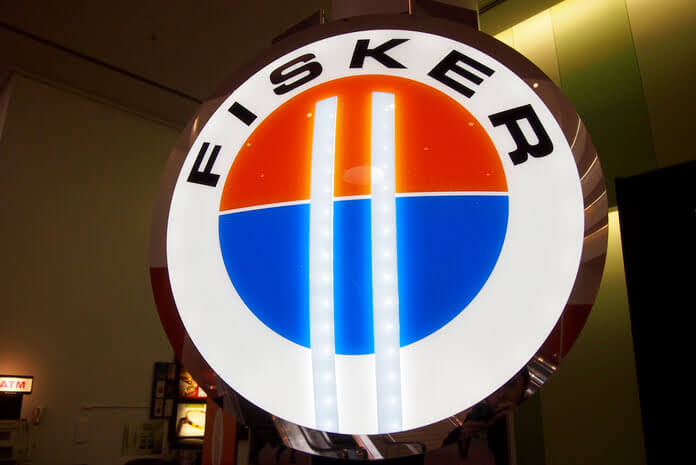Fisker (NYSE:FSR) disclosed on Monday that discussions with a significant automaker for a potential deal have fallen through, adding to the uncertainty surrounding the financially strained startup. The company, which recently halted electric vehicle production, did not disclose the name of the automaker involved in the failed negotiations. Trading in Fisker’s shares has been suspended pending further announcements.
The breakdown of talks has prompted Fisker to explore strategic alternatives, including potential restructurings, both in and out of court, as well as capital markets transactions. Thomas Hayes, Chairman at hedge fund Great Hill Capital, expressed growing concerns about Fisker’s financial situation, suggesting that bankruptcy protection may be inevitable, although the timing remains uncertain.
If Fisker were to file for bankruptcy, it would mark the second failed attempt by Henrik Fisker, following the collapse of his previous venture, Fisker Automotive, in 2013. Despite receiving significant loans from the Department of Energy, Fisker Automotive succumbed to the aftermath of the 2008 financial crisis. Fisker’s latest endeavor, founded in 2016 and valued at $2.9 billion following a merger with a blank-check firm, has faced numerous challenges, including supply chain disruptions, production delays, and difficulties in fundraising, leading to a steep decline in its market valuation to less than $100 million.
Earlier reports had suggested advanced talks between Fisker and Japanese automaker Nissan (7201.T) regarding a potential investment, but no agreement materialized.
Fisker’s struggles to raise funds have been exacerbated by its inability to meet a closing condition related to its attempt to raise to $150 million through the sale of convertible notes. The startup missed an interest payment of $8.4 million due on March 15, opting to utilize the 30-day grace period to engage with investors regarding its capital structure.
The company also announced plans to seek shareholder approval for a reverse stock split at an upcoming meeting, as it aims to comply with listing norms of the New York Stock Exchange.
Fisker’s shares have plummeted more than 90% this year, with concerns about its going-concern status raised in February. The company shifted its strategy to a dealer-partner model earlier this year and has faced challenges in vehicle deliveries due to logistical issues.
Unlike Tesla and other EV startups, Fisker has relied on auto supplier Magna to assemble its vehicles rather than building and operating its factory. Its Fisker Ocean model competes with Tesla’s Model Y SUV and other mid-size electric SUVs in the market.
Featured Image: Megapixl















